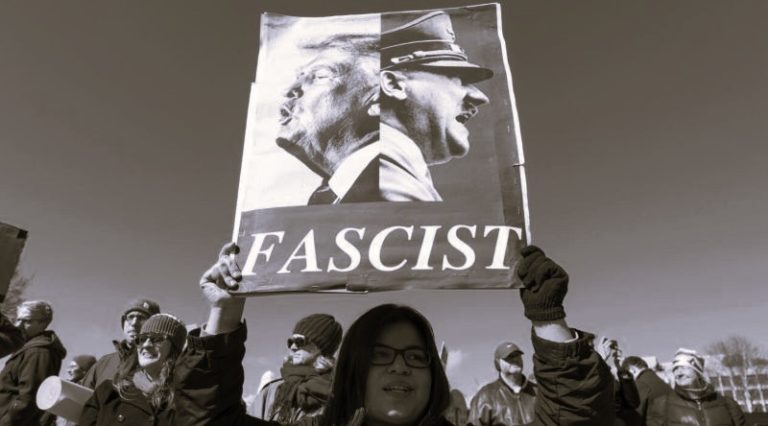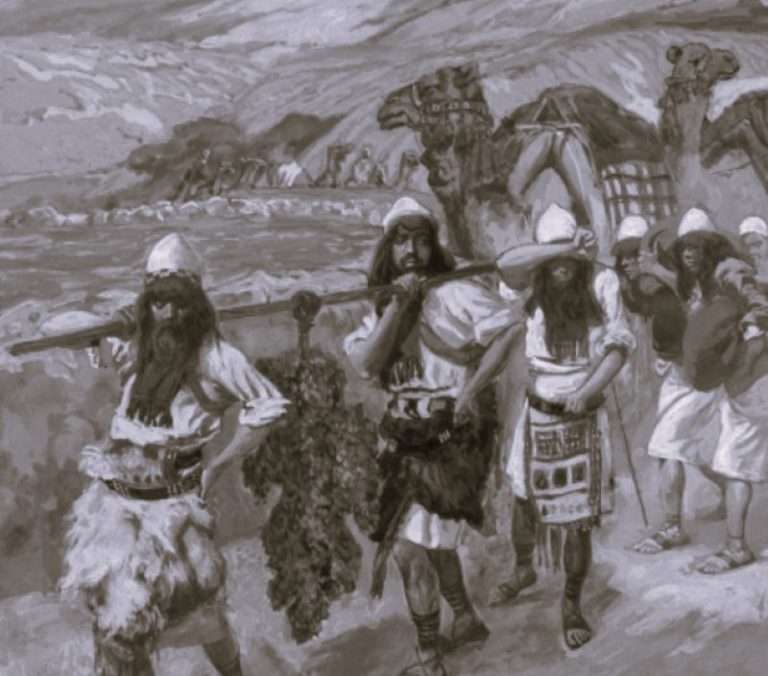
Without distractions, he produced some of his best writing there in exile.

By Ted Lawrence, J.D.
Some writers are so effective at capturing the places they write about that the two become forever linked. Think of Balzac and Paris. Faulkner and Mississippi. Thoreau and Walden Pond. Solzhenitsyn and . . . Vermont?
Aleksandr Solzhenitsyn didn’t actually write about Vermont. But the Russian author spent almost the entirety of his 20 years in exile here, in the tiny village of Cavendish, before returning to Russia in 1994.
Those years in Vermont are the subject of a new exhibit at the Vermont History Museum in Montpelier. Coinciding with the centenary of the author’s birth, and made possible in part by a grant from the Vermont Humanities Council, the exhibit runs through early October. It includes a series of poster displays with a timeline of the writer’s life, recollections from the Solzhenitsyns and town residents about their stay in Cavendish, and photographs of the family at home in Vermont.
Solzhenitzyn was born in 1918, only a year after the Bolshevik Revolution that created the Soviet Union. Raised in what he later described as “very difficult conditions” by his widowed mother—his father died in a hunting accident soon after his conception—Aleksandr was inspired to become a writer after reading Tolstoy’s War and Peace. Distinguished service in the Red Army did nothing to save Solzhenitsyn from Stalin’s harsh political oppression—he was arrested for writing unflattering comments about the dictator and spent eight years in hard labor camps in Kazakhstan.
During the mild cultural thaw that followed Stalin’s death, Solzhenitsyn was “rehabilitated” and allowed to publish works in the Soviet Union. Some of these writings—including One Day in the Life of Ivan Denisovich, his vivid description of 24 hours in the Soviet gulag system—were translated and greeted by widespread acclaim in the West.
By the mid 1960s, however, Solzhenitsyn’s international visibility and willingness to criticize the regime began to make his status in the USSR increasingly risky. In 1970, he refused to travel to Stockholm to receive the Nobel Prize in Literature, for fear that the Soviet government would not allow him to return home. In 1971, the KGB attempted to assassinate him. Then in 1974, the USSR stripped him of his citizenship and expelled him from the country.
Vermont was not the most obvious redoubt for Solzhenitsyn. With their four young sons, he and his wife Natalia initially settled in Zurich, but the Swiss city did not meet all of their needs.
By 1974, Solzhenitsyn was not an anonymous figure. He attracted the press and others interested in his work. Some of these were well meaning, but others were decidedly not—and there was no reason to assume that the KGB’s first assassination attempt would be its last. Zurich, a large city in the heart of Europe, made Solzhenitsyn too accessible, and allowed him little opportunity to focus on his writing or provide security for his family.
At first, Solzhenitsyn looked to Canada as a potential new home, favoring its remoteness, opportunities for privacy, and the fact that it had a “proper winter.” Natalia, however, had reservations. As she later recalled, she convinced her husband that “although Canada is a most beautiful country, it is somewhat like a pillow. It is a little too boring, and it is too far geographically and in terms of culture.”
That description might apply to rural New England as well, but the Solzhenitsyns felt otherwise. After traveling throughout the region in 1975, they decided Cavendish would be their new home. Its small size (population: 1,264 in 1970) meant that privacy wouldn’t be a problem. Its remote location was far away from reporters, fans, and the Soviet security services. And its proximity to Dartmouth College provided easy access to a wealth of library and research resources. The entire family, including Natalia’s mother, Ekaterina, moved to a large wooded property there in 1976.
Apart from addressing his new neighbors at the town meeting soon after his arrival—where he apologized for the need to build a fence around his property—Solzhenitsyn didn’t spend much time interacting with the people of Cavendish. He instead focused on writing The Red Wheel, his multivolume novel of the Russian Revolution. The rest of his family actively participated in town life. Natalia and Ekaterina became enthusiastic Boston Celtics fans. And Solzhenitsyn’s sons attended the Cavendish schools.
For their part, the locals accepted Solzhenitsyn with a grace and flinty protectiveness befitting their Yankee ancestors. Concerned for the family’s privacy, the owner of the Cavendish general store posted a sign that read: “No Restrooms, No Bare Feet, No Directions to the Solzhenitsyn Home.” When out-of-towners asked local children the way to Solzhenitsyn’s house, they intentionally gave them directions that led the visitors away from the property.
Solzhenitsyn stayed in Cavendish until 1994, when the fall of Soviet totalitarianism enabled him to return to Russia. As he noted in his farewell letter of thanks to the people of Cavendish, his time in Vermont had been the “most productive of [his] life.” While there, he completed three volumes of The Red Wheel, and prepared his famous commencement address, given at Harvard in 1978. In it, he excoriated the West, and, in particular, America, for its godlessness, materialism, and weakness of spirit.
One hopes that after his time in Cavendish, Solzhenitsyn would have changed that assessment and agreed instead with the words of Calvin Coolidge, the most famous son of Solzhenitsyn’s adopted home:
[Vermonters] are a race of pioneers who have almost beggared themselves to serve others. If the spirit of liberty should vanish in other parts of the Union, and support of our institutions should languish, it could all be replenished from the generous store held by the people of this brave little state of Vermont.
Originally published by Humanities, the Magazine of the NEH 39:3 (Summer 2018), to the public domain, republished for educational, non-commercial purposes.







